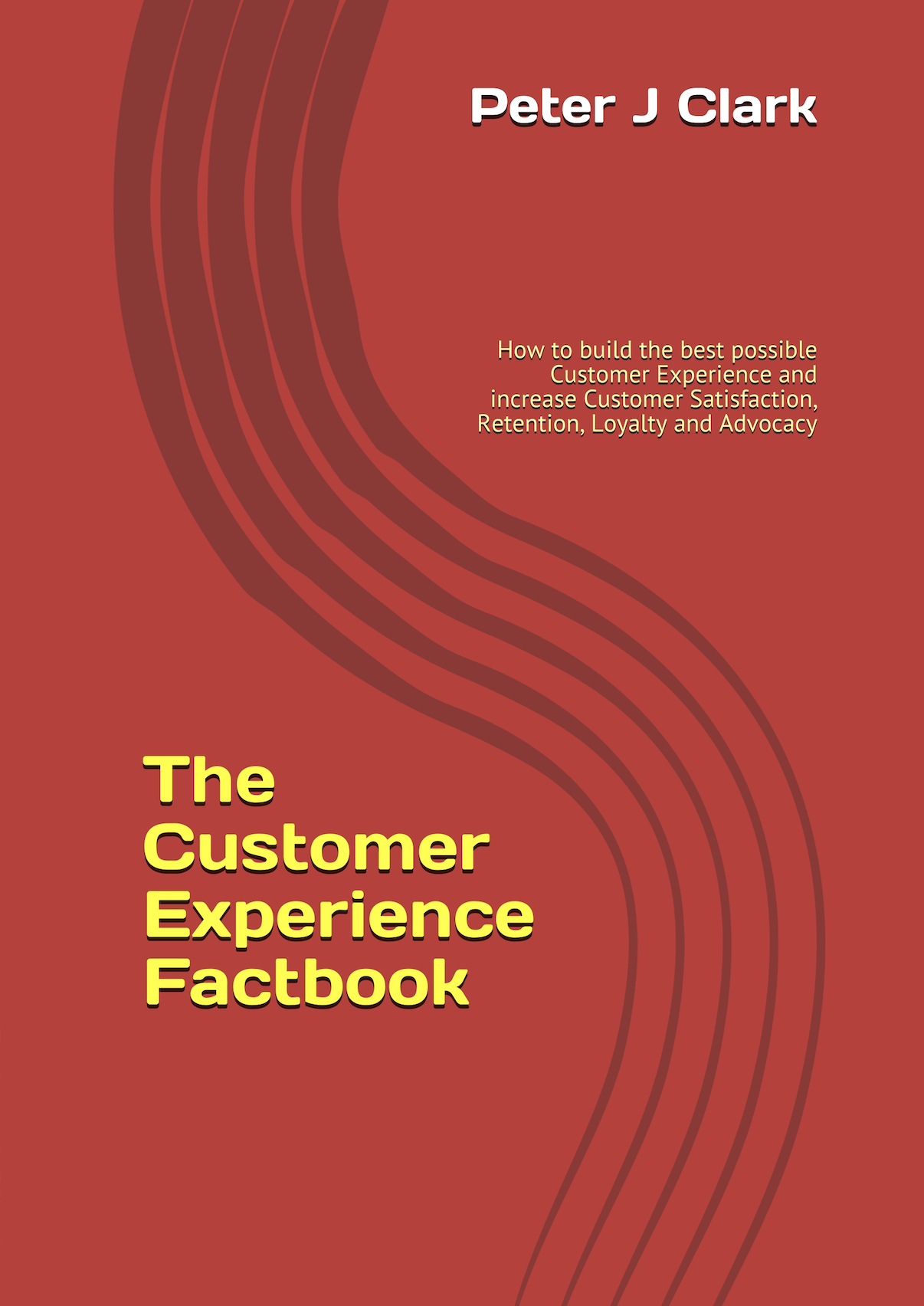Consumers choose brands like they do people
There is compelling new evidence that consumers judge and behave toward brands in much the same way they do toward other people and social groups, according to research from the Relational Capital Group (RCG), Princeton University, and the University of Louvain.
The research, published in the April 2012 edition of the Journal of Consumer Psychology, applied a well-established human perception framework, pioneered by Dr Susan Fiske at Princeton, to the study of 22 well-known brands. The researchers found that consumers respond to brands using the same pattern of perceptions, emotions and behaviours predicted by Dr Fiske's work on the Stereotype Content Model, which has been used extensively in the study of societal stereotypes and ethnic bias around the world.
This suggests that consumers perceive and judge brands and companies using the same criteria they use for people and social groups, which has major implications for the future study and management of brands of all kinds.
"It turns out that recent efforts by brands and companies to digitize, automate and outsource their interactions with consumers are fundamentally at odds with the way humans perceive, judge and build loyalty to brands," said Chris Malone, co-author of the lead research paper and Chief Advisory Officer for RCG. "As a result, consumers are more cynical, distrustful and disloyal toward large brands and companies than ever before."
The brands studied in the research include Advil, AIG, Amtrak, BP, Burger King, Campbell's, Coca-Cola, Goldman Sachs, Hershey, Johnson & Johnson, Marlboro, McDonalds, Mercedes, Minute Maid, Porsche, Rolex, Rolls Royce, Shell, Tropicana, Tylenol, US Postal Service and Veterans Affairs Hospitals.
"We found a strong statistical correlation between consumers' perceptions of each brand's warmth and competence and their intent to purchase and remain loyal to that brand," concluded Fiske. "These findings are consistent with other studies we've conducted that validate the influence and predictive power of warmth and competence on human behaviour."
In addition to Malone, the authors of the research paper were Dr Nicolas Kervyn (Post-Doctoral fellow at the University of Louvain) and Dr Fiske (Eugene Higgins Professor of Psychology at Princeton University).
Sources: Relational Capital Group RCG / The Marketing Factbook.
Copyright © 2012 - 2025 The Marketing Factbook.
Categorised as:
- Customer Experience
- Customer Loyalty
- Knowing The Customer
- Marketing Know-How
